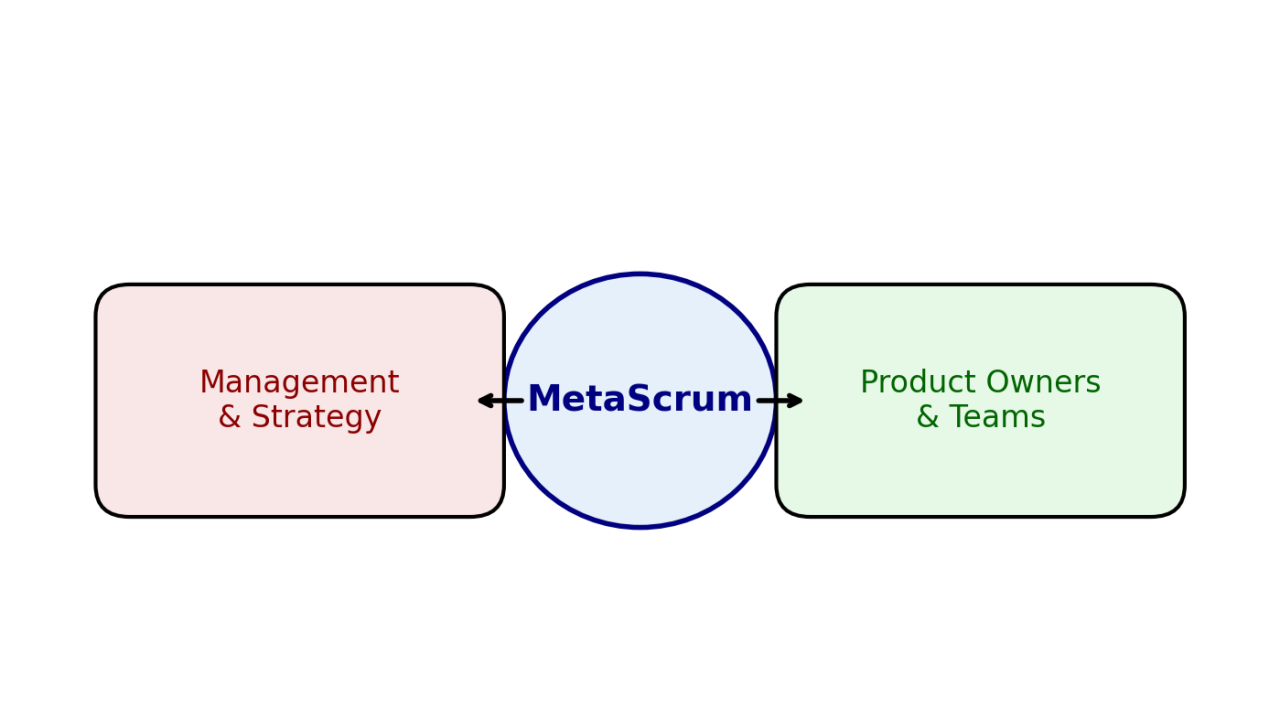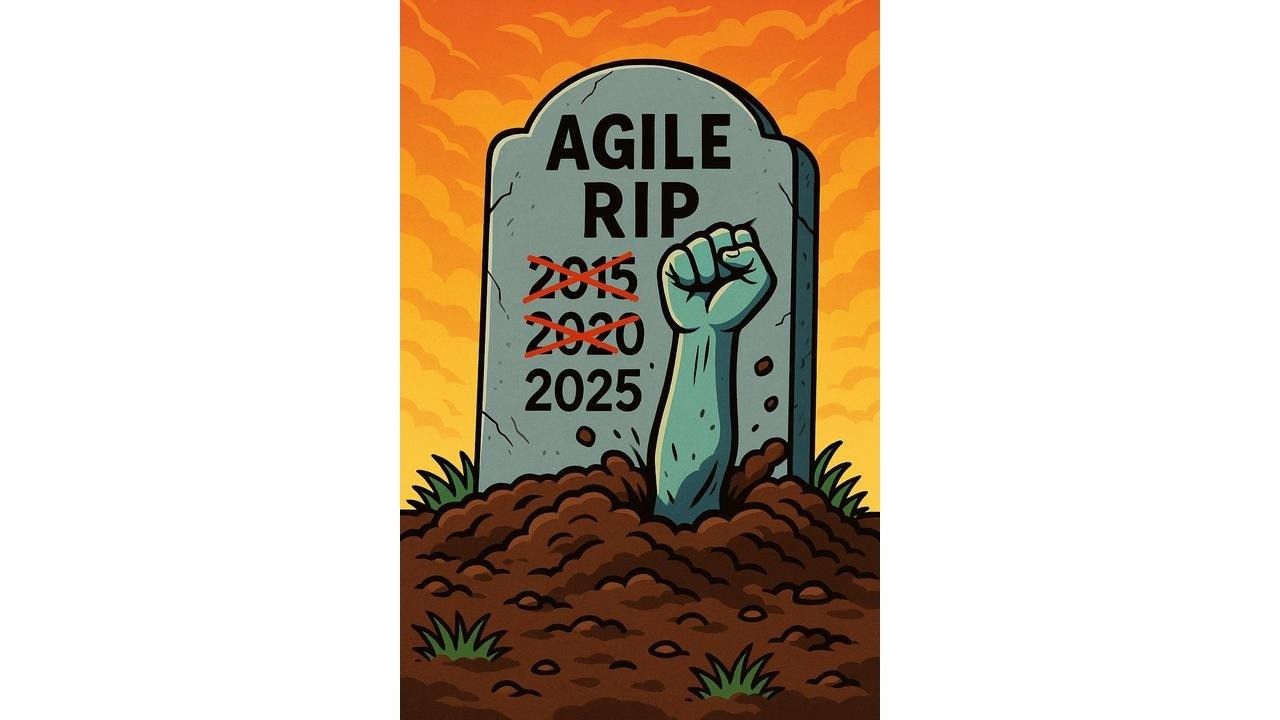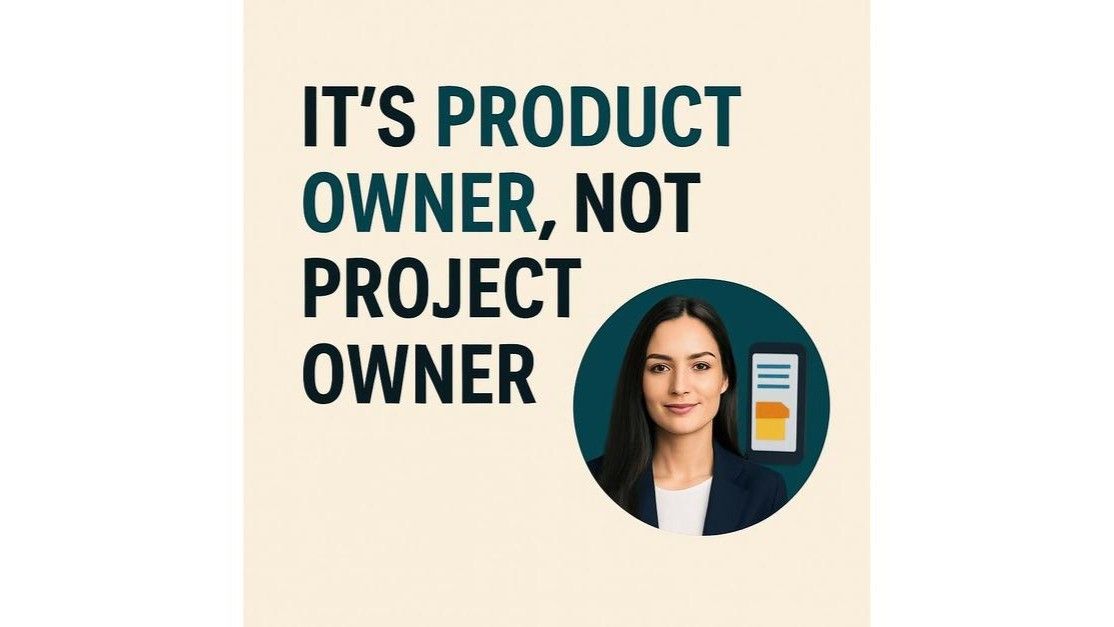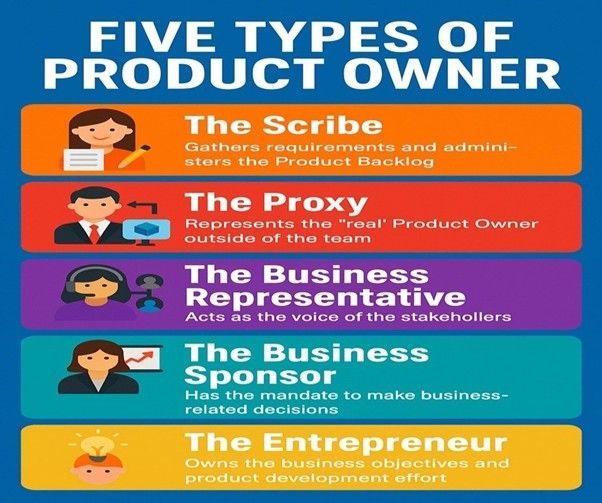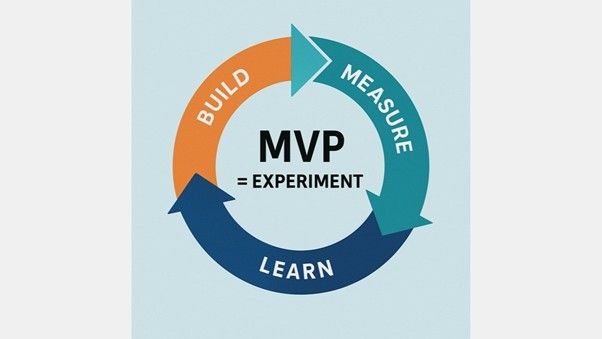How to Get Your Teams to Estimate Better

“We need to get better at estimating,” an experienced member of a Scrum development team once told me. “Management is getting concerned that we keep coming up short on our commitment.”
“Really?” I responded. “What have you been committing to?”
“Thirty story points” she said. “We get there about 50% of the time. In a couple of recent sprints, we’ve even exceeded thirty points, but the last sprint marked the third time this quarter that we fell short of our target.”
“Why was your forecast off target, do you think?” I asked.
“Well, things come out of left field occasionally. You know, stuff that couldn’t be anticipated in sprint planning,” she answered.
“So, why are you estimating effort if you can’t predict what will happen in the sprint?” I said.
Now, at this point I want to make clear that I am not one of those who say that development teams should not estimate effort. For me, the ability to estimate independently is an important part of the autonomy of teams. What I was trying to do in this particular conversation was to get the team member to consider why teams estimate in the first place, and what “commitment” means in that context.
It is not just a matter of those doing the work being the only ones who are able to estimate effort, which I believe to be true. I recently participated in a large multi-team project of effort being estimated by a centralized systems analysis unit. In that project, the development teams were involved in estimating, but it was the systems analysts’ forecast that was being communicated to the customer. The result was massively inflated customer expectations, and retrospection revealed that the teams’ estimates were about four to five times larger—and thus far more accurate--than those of the analysts.
Read more at https://www.frontrowagile.com/blog/posts/99-how-to-get-your-teams-to-estimate-better
